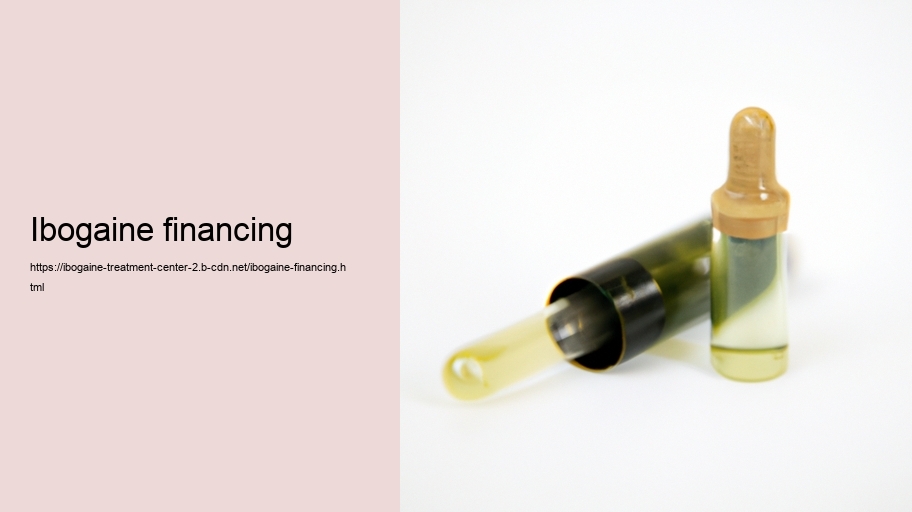Title: Navigating the Financial Landscape of Ibogaine Therapy
Introduction:
Ibogaine, a naturally occurring psychoactive substance derived from the root bark of the African shrub Tabernanthe iboga, has garnered significant attention for its potential in treating addiction and other mental health disorders. Despite being classified as a Schedule I drug in the United States and facing legal restrictions worldwide, interest in ibogaine therapy has surged among those seeking alternative treatments. Financing such therapies presents unique challenges and opportunities that warrant a closer examination.
The Promises and Challenges of Ibogaine Therapy:
Ibogaine is reputed to alleviate withdrawal symptoms and reduce cravings for opioids, alcohol, stimulants, and other substances. Its ability to interrupt addiction patterns makes it an attractive option for individuals struggling with conventional treatment modalities. However, due to its unapproved status by regulatory bodies like the FDA, access to ibogaine is limited to offshore clinics or countries where it is not prohibited.
This creates an initial financial barrier: travel expenses. Patients must be prepared to cover flights, accommodations, and related costs associated with receiving treatment abroad. Additionally, because ibogaine therapy is not universally recognized as a legitimate medical intervention, insurance companies typically do not cover these expenses.
Financing Options for Ibogaine Therapy:
Securing funds for ibogaine therapy requires creativity and determination. Here are some avenues that patients explore:
1. Personal Savings: Many turn to their own savings accounts or disposable income to finance their treatment journey. This can be a substantial personal investment but reflects the value they place on potential recovery.
2) Crowdfunding: The rise of platforms like GoFundMe has enabled patients to reach out directly to their communities for support. By sharing personal stories online, they can garner donations from friends, family members, and even strangers moved by their plight.
3) Health Care Loans: Specialized healthcare loans exist for medical treatments not covered by insurance. These loans may have higher interest rates than traditional loans but offer a structured way to manage payment over time.
4) Nonprofit Assistance: Some nonprofit organizations aim at helping individuals overcome addiction through alternative therapies like ibogaine treatment might offer grants or subsidies based on need or merit.
5) Payment Plans: A number of ibogaine clinics understand the financial burden faced by prospective patients and may offer payment plans which allow individuals to pay off their treatment over an extended period post-therapy.
Ethical Considerations:
While financing options are available, ethical considerations should not be overlooked. Prospective patients must weigh the risks against potential benefits carefully before making substantial financial commitments - particularly when dealing with less-regulated forms of medicine where outcomes cannot be guaranteed.
Moreover, financing methods such as crowdfunding raise questions about privacy since they often require public disclosure of one's struggles with addiction – something that may have social repercussions or stigmatization concerns down the line.
Conclusion:
Ibogaine therapy presents hope for many grappling with addictions that have resisted conventional interventions; however accessing this controversial form of treatment can come at high economic cost due both direct charges from providers operating outside standard healthcare systems plus additional indirect costs associated traveling abroad if necessary obtain services legally available elsewhere domestically within patient's home country boundaries..
Navigating this complex terrain requires careful consideration—both financially ethically—to ensure best possible outcome while minimizing risk exposure wherever feasible possible given current constraints surrounding use ongoing research into efficacy safety profile long-term impacts following administration substance question here under discussion today namely "ibugain" itself within broader context holistic approaches towards addressing challenges posed by various types substance misuse disorders prevalent society large today now more than ever before history humankind thus far recorded time itself marches forward inexorably toward unknown future awaits us all thank you very much indeed good luck Godspeed your endeavors whatever they may entail going forward henceforth amen!
